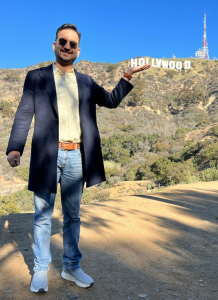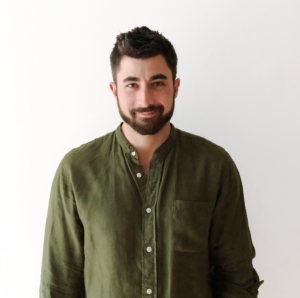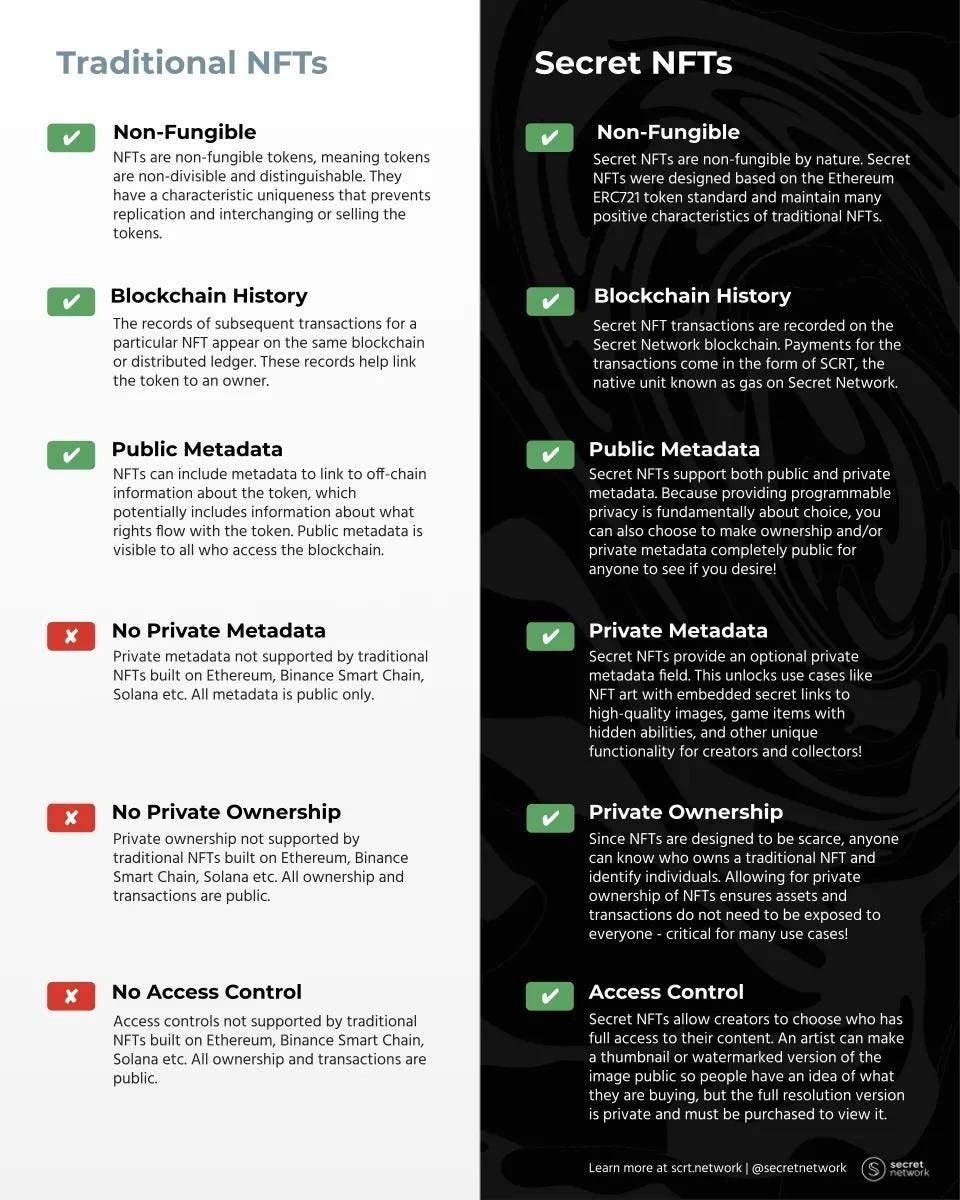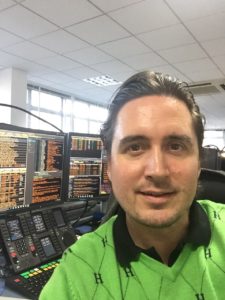Pradeep, welcome to Mob 76, please tell our readers about Mutual Mobile
We are a leading digital agency that brings digital experiences to life. We’ve been at the forefront of digital transformation ever since the advent of the smartphone era a little over a decade ago. We’ve worked on building digital experiences for companies like Walmart, Nike, AccuWeather, The Economist, and more.
I believe you’re based in Austin, Texas?
Mutual Mobile’s cross-functional team predominantly works out of Austin, Texas, (where we’re headquartered) and Hyderabad, India. Our commitment to borderless teams reflects in the fact that we have employees across North America, Europe, and India—allowing us to stay nimble on our feet when it comes to taking up and delivering work globally.
You’ve had an incredible journey from your birthplace in India. How did all this happen, Pradeep?
When India opened its markets in 1991, the inflow of ideas (and foreign exchange) into the country significantly altered my outlook on life. Almost overnight, India came alive with a million opportunities for success. In such a time, my love for computers and gaming sparked when I got my hands on an Intel 386 in the 6th grade. I spent countless hours on it— always coding, building websites, and gaming.
This early interest translated into a bachelor’s degree in Computer Applications. I used to finish my university classes in the mornings and rush to my job as a Systems Administrator for a local firm during the afternoons and evenings. By the time I graduated, I had close to 4 years of professional work experience—putting me higher up the ladder than most of my peers.
Even so, I was fortunate to have mentors who recognized my drive and gave me early opportunities to build and run studios. So when the chance to lead Mutual Mobile came in 2014, I was all set and raring to go!
I understand you’re looking to expand to Europe this year. Where are you looking at basing yourselves?
London is where we’re setting up base. We have marquee clients in the UK and Europe. I was over there in the last quarter catching up with customers and partners after a COVID-brought 20-month hiatus.
What is behind the strategy of having a European office, Pradeep?
Professionally, we go back some way in the UK, having delivered work here before. But, currently, there is a war for talent unfolding here. Businesses are looking not just across the pond but all over the world for collaboration—especially in the teeth of realities served by things like the Great Resignation.
In such a scenario, I see a gap that agile and borderless digital teams can fill very well. After all, we bring quality as well as the experience of working with Fortune 100s to the table. Setting an office up in London gives us a chance to get more boots on the ground and be there when our customers look to become increasingly digital-driven.
What challenges does Mutual Mobile face in 2022?
Our biggest challenges this year would be helping our customers leverage the rapidly evolving techscape of today—especially with the mainstream entrances of the metaverse, web3, and on-chain solutions.
As I say this, our team is working to ensure our customers successfully transition into this new age, open unprecedented channels of revenue, and become more efficient in their workflows and user solutions than ever before.
Do you have any advice for the entrepreneurs in our audience, Pradeep?
A huge personal hero of mine is actually a fellow Londoner: Felix Dennis! In fact, his book ‘How to Get Rich’ has been one of the biggest shapers of who I am today. I must concede the title is a bit corny but don’t let that throw you off. Every entrepreneur must read it. It’s a timeless tome on wealth and value creation.
Apart from that, I’d just ask you to remember this: “The best time to start something cool was a decade ago, and the second-best time is now. If it’s perfect, you waited too long.” Bias towards action, take calculated risks, cut your losses fast.
Is the continuing problem of Covid going to affect your business?
COVID disrupted almost every major industry in the world. A lot of people suffered and the pandemic, in general, has been a huge global ordeal. However, it proved to be a tailwind for our line of work. In just a matter of months, the knowledge industry underwent a paradigm shift and frankly, I just don’t see us ever going back. Most employees today find commuting to work every day passé! So I can confidently say that we will continue to remain remote and borderless while continuing to deliver the best work to all our clients.
Any predictions for 2022?
The metaverse is here to stay. The sooner we optimise for it, the better prepared we will be to harness its full potential when it rolls out.
Thanks for everything, Pradeep, I hope it goes well
The pleasure was all mine. Thank you for inviting me.




